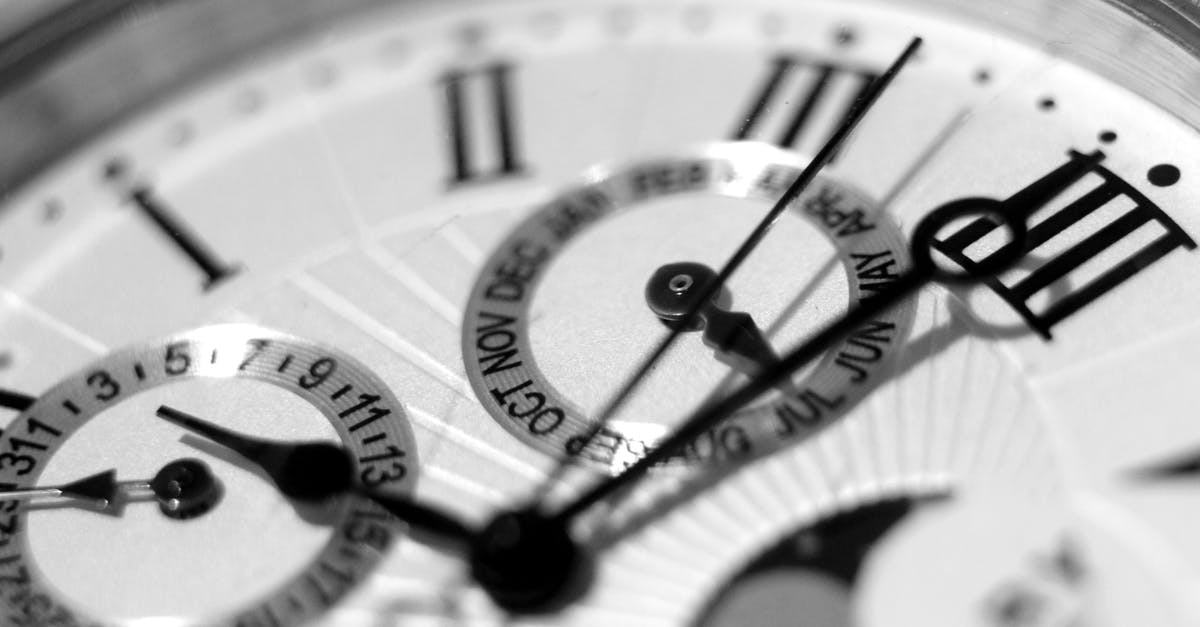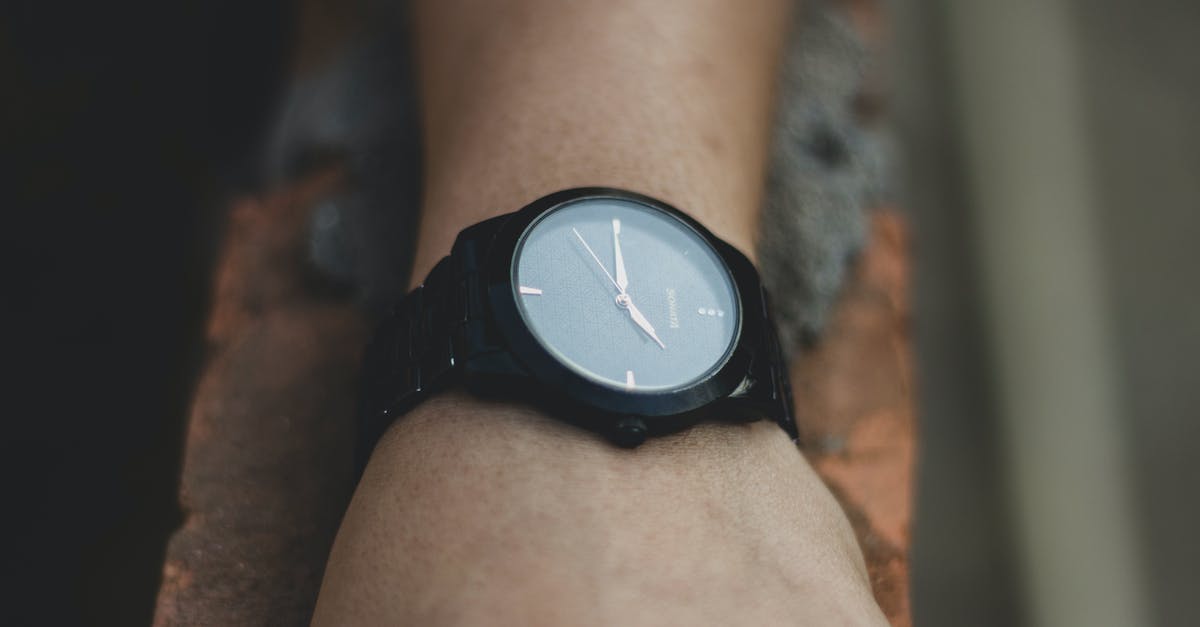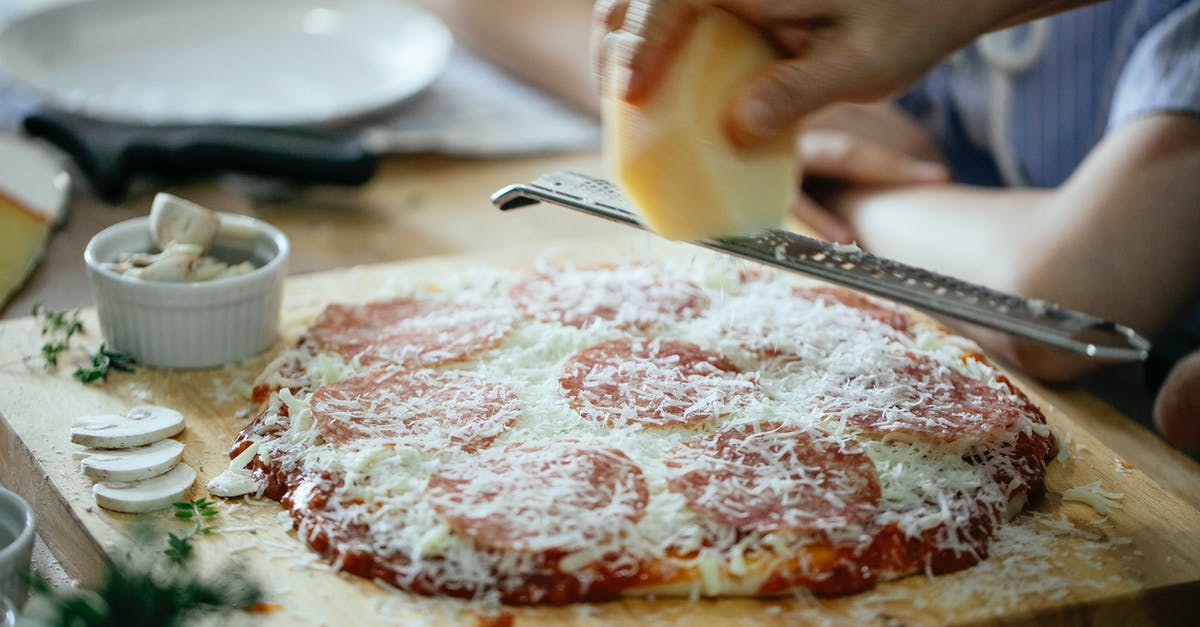Why would a pressure cooker shorten a braise time?

Say I'm braising a pork shoulder. As i understand it, the point is to maintain a temperature that will melt collagen, while staying below a temperature that would toughen the meat. A good temp for this would be 200 - 250.
I understand that the additional pressure raises the temp inside the cooker to 250 as opposed to normal 212 boiling point, but how is this different then simply setting the oven to 250?
furthermore, if it takes several hours to melt the collagen in the oven at 250, what is it about the pressure cooker that can melt collagen in 1/3 the time at the same temp?
Best Answer
There really are a couple separate issues that come together here:
What is collagen to gelatin conversion?
When collagen converts to gelatin, it is not melting (which is the same type of molecule, just as ice and liquid water are the same thing).
Instead, it is being hydrated which is a chemical conversion process, where water is actually being added into the overall structure of the protein molecule, converting it into a different protein molecule.
This does not happen just because of temperature, but rather because a water molecule with the right level of energy to power the process (that is, moving fast enough) hits the collagen molecule at the exactly proper spot to interact with it and become part of the molecule.
The new molecule is called gelatin.
Why does a pressure cooker facilitate effectively higher temperatures than an oven?
Most foods contain a great deal of water. On of the fundamental properties of water is that it takes a relatively large amount of energy to convert it from liquid water just at the boiling point (100 C / 212 F at sea level pressure) to vapor just at the same temperature. This is called the enthalpy of vaporization.
When a food containing water is heated in air at normal pressure, even if the air temperature is much hotter than the boiling point of water, the surface of the food cannot get hotter than the boiling point, because any additional energy goes into converting the water into steam, and drying the surface.
Only once the surface is dry can browning and other processes that happen above 100 C begin.
However, in the inside of the food, which is still wet, the temperature continues to never be able to exceed the boiling point. Very few foods are normally cooked to the point where the interiors are dry enough to get hotter than this.
In a pressure cooker, the boiling point of water is higher once the pressure is achieved (for brevity, I will not discuss why this is so). For example, at 15 bar (typical of a pressure cooker, one additional atmosphere of pressure above normal sea level pressure), water will not boil until about 250 F / 121 C.
This permits both the surface and the interior of the food to reach higher temperatures than at normal pressure. Some cooking processes are accelerated due to this difference.
Why does collagen convert faster?
Collagen conversion to gelatin is a time/temperature dependent process.
That is, the higher the temperature (within reasonable limits, before it burns or decomposes otherwise), the faster the conversion.
Collagen will convert to gelatin at 140 F, but it will take literally several days. At 170 - 180 F (typical internal temperatures in sea level braising), it takes several hours.
In a pressure cooker, this time can be reduced, because the internal temperature can go higher than it can at sea level temperature.
The reason for this is that collagen to gelatin conversion is a stochastic process. What this means is that it is essentially random. As a gross over simplification, imagine that the collagen molecule is a giant molecule (it is) with a button on it.
All of the water molecules are moving around randomly, bouncing off one another. The higher the temperature, the faster they move on average. That is, at a low temperature, most molecules are moving relatively slowly, but some are almost stopped, and a very few are very fast. At a higher temperature, they move faster on average, and a slightly larger number are moving relatively very fast.
Now imagine that the button will not be pressed until a water molecule happens to hit it while going fast enough to hit the button hard enough. The higher the temperature, the less time it will take for this to happen on average, because more of the water molecules are moving fast.
Take this process over many, many, many collagen molecules, and you have the time/temperature conversion curve: the hotter the temperature, the faster the conversion overall.
Conclusion
Collagen to gelatin conversion is faster in a pressure cooker because the internal temperature of the food gets higher than is possible at atmospheric pressure, and this higher temperature speeds the stochastic gelatinization process.
Pictures about "Why would a pressure cooker shorten a braise time?"



Quick Answer about "Why would a pressure cooker shorten a braise time?"
A pressure cooker looks like a regular pot but has a modified lid that locks on over a rubber gasket to create a seal. The cooker works by raising the temperature of boilingWhy does pressure cooker cook faster?
At that pressure, water boils at 121\xb0C (250\xb0F). That means food can cook at a much higher temperature than it ever could at atmospheric pressure\u2014and since cooking reactions speed up at higher temperatures, your food cooks faster. It also doesn't dry out, since the water stays in liquid form.How much does pressure cooker reduce cooking time?
Pressure cookers are designed to make short work of slow cook dishes. They're economical both in the amount of power they use and are also ideal for tenderising cheaper cuts of meat. They can reduce cooking times by up to 50% and retain nutrients well, making them a healthy cooking method.Why does pressure cooker reduce cooking time?
Because under pressure, the heat builds faster and maintains temperature better, so cooking time is reduced. ... The increased pressure inside the cooker increases the boiling point of water above 1000C so more cooking is done before the water actually starts to boil. So ultimately food is cooked faster.Is pressure cooker good for braising?
The Instant Pot is a quicker way to prepare your favorite beef dishes. You can sear, braise, stew, roast or heat your favorite beef cuts in a much shorter amount of time than would be possible on the stove or in the oven. Any cuts good for braising, stewing or saut\xe9ing are ideal for the Instant Pot.How to Make Pressure Cooker Pot Roast
Sources: Stack Exchange - This article follows the attribution requirements of Stack Exchange and is licensed under CC BY-SA 3.0.
Images: Mat Brown, Andrea Piacquadio, Pragyan Bezbaruah, Katerina Holmes
